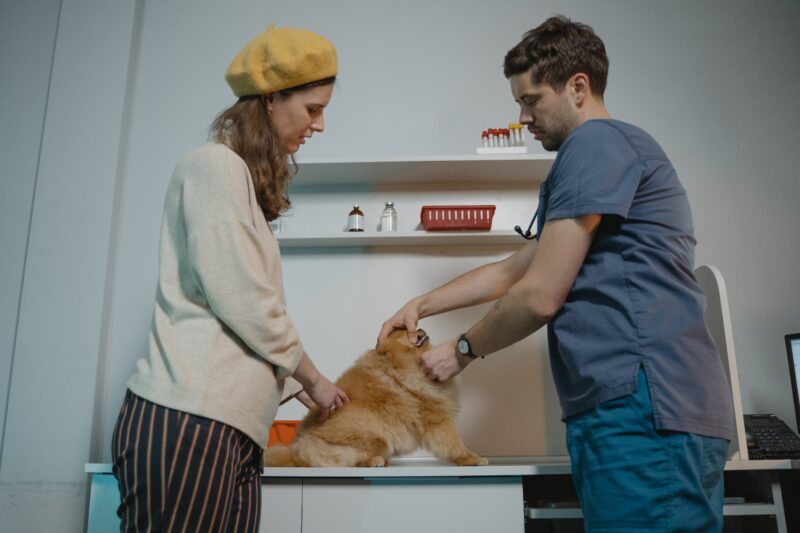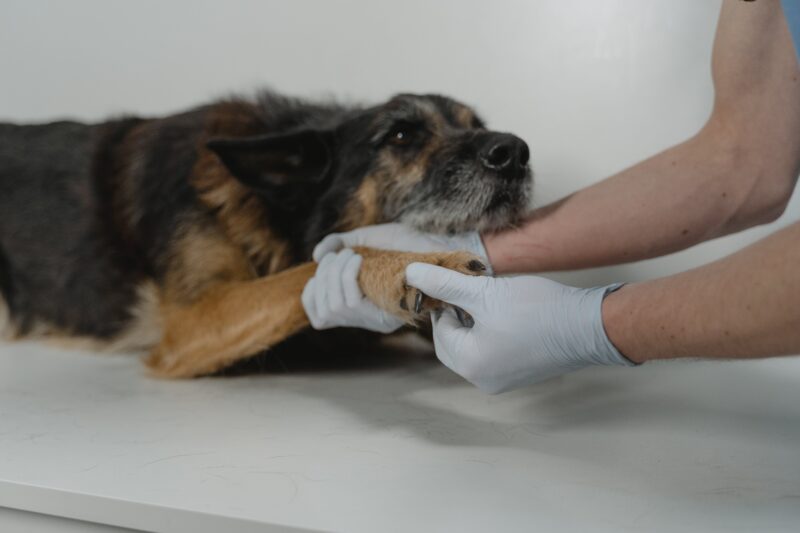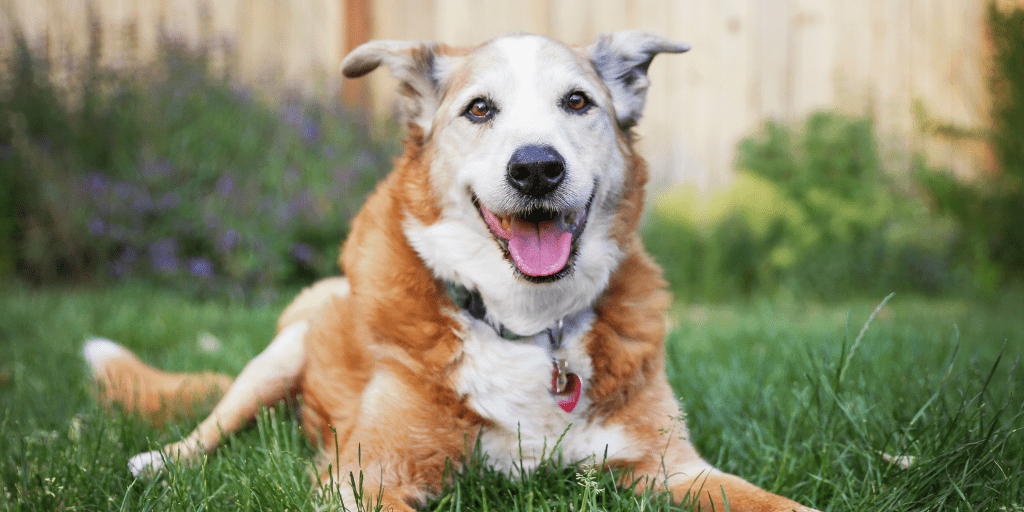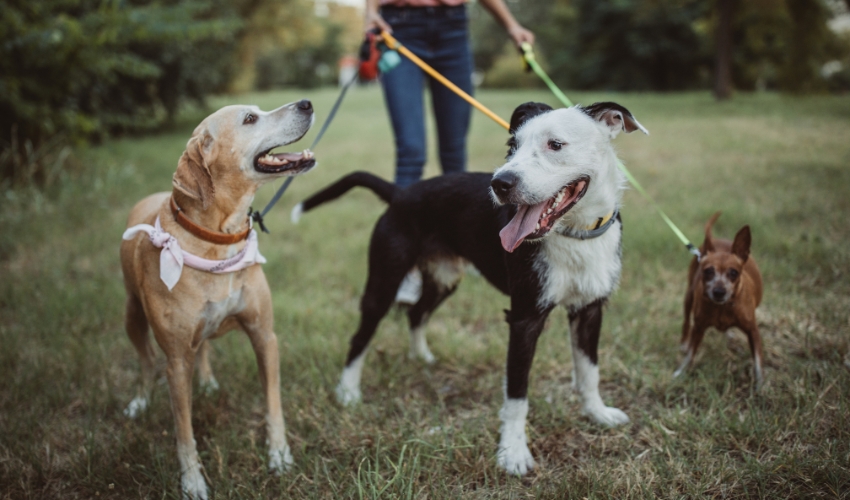As our loyal companions gracefully age, it becomes our responsibility as pet owners to understand the unique health challenges they face and take proactive steps to ensure their well-being. In this blog, we will explore the common health issues encountered by older dogs and provide actionable insights on how to address them, promoting a happy and healthy senior phase for your beloved furry friends.
Understanding the Aging Process in Dogs:
Before delving into specific health concerns, it’s crucial to comprehend how aging impacts our canine companions. Dogs age at different rates based on factors such as breed, size, and genetics, but there are universal changes that occur as they enter their senior years, typically around 7-10 years of age.
Joint and Mobility Issues:
- Explanation: Older dogs often experience arthritis, a condition characterized by joint inflammation, leading to stiffness and discomfort.
- Solution: Introduce joint supplements with glucosamine and chondroitin, which promote joint health. Additionally, consider incorporating low-impact exercises like swimming to maintain mobility.
Dental Health:
- Explanation: Dental issues become more prevalent with age, including plaque buildup and gum disease.
- Solution: Prioritize regular dental check-ups and implement a dental care routine, including brushing your dog’s teeth and providing dental chews.
Cognitive Decline:
- Explanation: Senior dogs may exhibit signs of cognitive decline, such as confusion and changes in behavior.
- Solution: Engage your dog mentally with interactive toys, maintain a consistent routine, and consult your veterinarian for advice on specialized diets or supplements.
Common Health Issues and Practical Solutions:
- Arthritis and Joint Problems:
Expanding on Joint Supplements:
As dogs age, their joints undergo wear and tear. Introducing joint supplements, especially those containing omega-3 fatty acids, can be highly beneficial. These supplements not only reduce inflammation but also contribute to maintaining joint flexibility.
Therapeutic Diets:
Consider incorporating therapeutic diets designed for joint health. These diets often contain ingredients like fish oil, which is rich in omega-3 fatty acids known for their anti-inflammatory properties.
Physical Therapy:
Collaborate with a veterinary physical therapist to develop a customized exercise plan. Low-impact exercises, including controlled walks and gentle stretches, can help manage arthritis symptoms effectively.
- Dental Care:

Regular Dental Check-ups:
Regular dental check-ups are paramount to preventing dental issues in older dogs. Professional cleanings may be necessary to address tartar and plaque buildup and ensure optimal oral health.
At-Home Dental Care:
Implementing a daily dental care routine at home is crucial. Regular tooth brushing, the use of dental chews, and incorporating dental-friendly toys can significantly contribute to maintaining healthy teeth and gums.
Water Additives:
Explore dental water additives as an additional measure to support oral health. These additives can help control bacterial growth in the mouth, reducing the risk of gum disease.
- Weight Management:
Balanced Diet:
Work closely with your veterinarian to develop a balanced diet tailored to your senior dog’s nutritional needs. Opt for senior dog foods with reduced calorie content to accommodate lower activity levels.
Portion Control:
Monitoring portion sizes is essential to prevent weight gain. Adjust your dog’s caloric intake based on their weight, activity level, and any underlying health conditions.
Low-Impact Exercise:
While older dogs may not engage in vigorous activities, incorporating low-impact exercises such as short walks, swimming, or gentle play sessions can help maintain muscle tone and support weight management.
- Vision and Hearing Loss:
Environmental Adaptations:
Create a safe and supportive environment for dogs experiencing sensory loss. Use rugs or non-slip mats to assist those with impaired vision and maintain a consistent living space to reduce confusion.
Sensory Stimulation:
Stimulate your dog’s remaining senses with interactive toys that make noise or have different textures. Using consistent verbal cues and incorporating touch can help compensate for diminished vision and hearing.
Regular Check-ups:
Regular veterinary check-ups are crucial for monitoring your dog’s overall health, including their eyes and ears. Early detection of vision and hearing issues enables prompt intervention and improved quality of life.
- Cancer Awareness:
Routine Health Checks:
Prioritize routine veterinary check-ups to detect potential signs of cancer early. Regular screenings, including blood tests and imaging, can contribute to early detection and better treatment outcomes.
Observation and Palpation:
Conduct regular at-home checks for any unusual lumps, bumps, or changes in behavior. Early identification of potential cancerous growths allows for prompt veterinary intervention.
Veterinary Oncology Consultation:
If cancer is suspected, seek the expertise of a veterinary oncologist. Specialized consultations and treatments can significantly improve the prognosis and overall well-being of dogs diagnosed with cancer.

Conclusion:
In conclusion, navigating the golden years with our aging dogs requires a proactive and informed approach. By understanding the common health issues they face and implementing practical solutions, we can enhance their quality of life and ensure they continue to be our cherished companions for as long as possible. Regular veterinary check-ups, a tailored diet, and a commitment to mental and physical well-being are key components of providing the best care for our senior canine friends.













